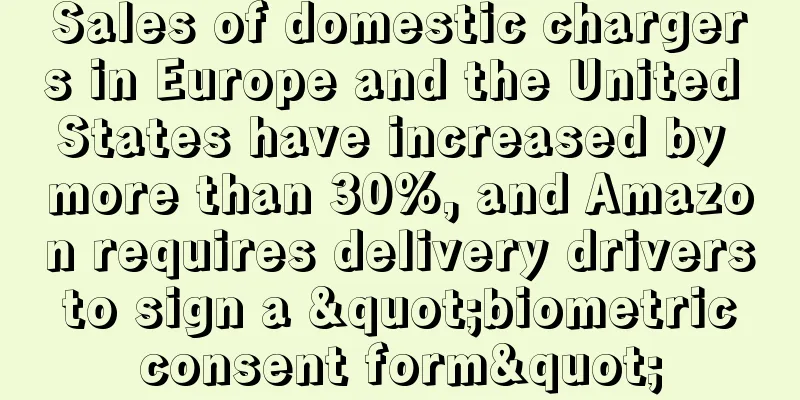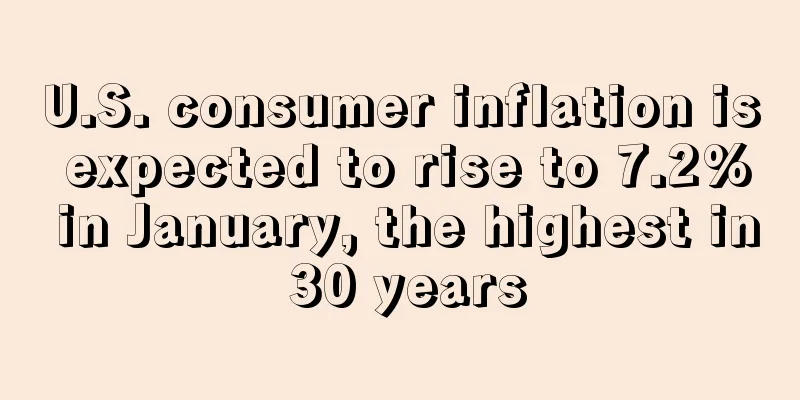U.S. consumers are resuming their pandemic shopping habits

|
Numerator 's research shows that consumers are cutting back on spending in the face of the Delta variant, with 20 % " highly optimistic" about returning to normal, down from a third earlier this summer. The Berkeley team found that nearly 60% are "very or somewhat concerned" about having their vacation plans disrupted by the pandemic .
Numerator said the number of people who said they had returned to pre-pandemic behaviors fell for the first time, from 39% in July to 27% in August. Numerator also found that nearly half said they expected a full reopening to be delayed until 2022 or later, compared with 23% in July and 18% in June.
Although the epidemic eased at the beginning of the year, as the Delta variant virus began to spread in many areas , the uncertainty brought to the economy is increasing.
Wells Fargo economists noted that in the August economic outlook report, the number of new COVID-19 cases averaged about 100,000 per day, but in the September report released last week, it had risen to an average of more than 150,000 per day . "As a result, Americans have generally become more cautious , " they noted.
Many consumers are returning to their pre -pandemic spending patterns , which include more online shopping . The Berkeley team found that nearly 60% will use a mix of online and in-store shopping during the holiday season , but only 13% plan to shop entirely in-store, while 24% plan to shop entirely online.
The number of employees working remotely due to COVID-19 increased by 400,000 in August, the first increase in the number of people working from home since late last year, according to the National Association of Real Estate Investment Trusts . As a result, sales of home and home office supplies are likely to see another boost.
The supply chain has also been affected by the epidemic , and some retailers have reported that in addition to higher shipping costs, inventory has also been restricted. In addition to regular goods , a large number of gift cards must be prepared for the holiday season. Darren Morrison , managing director of Berkeley Research Group, said in a statement: "We do not think these problems will ease before the holiday season."
In addition to the upcoming holiday shopping season, sellers can also pay more attention to the development trend of the epidemic, and related products may also see growth. epidemic Consumption habits USA |
>>: Amazon search bug? Bestsellers blamed
Recommend
Annual sales will exceed 40 million US dollars, and Guangzhou sellers will receive nearly 10 million yuan in financing
Recently, POVISON, a cross-border home furnishing...
What is CashCowPro? CashCowPro Review, Features
CashCowPro is a comprehensive Amazon management t...
UK household spending fell in Q1, but pet supplies spending surged to £116.8 million
According to the latest quarterly spending report...
Sellers, check it out: Buyer reviews influence 60% of consumer purchases
Buyer reviews, as one of the key factors influenc...
Selling Amazon brands and getting data for free may be a mistake for sellers
After a whole year of preparation and development...
Sellers, beware! YouTube will launch a short video beta version in the US next month
TikTok's competitor YouTube Shorts will launc...
Ningbo Haizi Sanitary Ware sells well overseas with its long strip floor drains: the first foreign trade order came from Alibaba International Station
The floor drain that everyone is most familiar wi...
What is Lechuang Public Overseas Warehouse? Lechuang Public Overseas Warehouse Review, Features
Levo Public Overseas Warehouse is committed to ser...
A left-behind peasant woman earns over 10,000 yuan a month through Facebook, and cross-border e-commerce is popular in the village!
During the National Day in 2020, a group of south...
AliExpress Cross-border Talent Finals: The first batch of fully managed sellers took the stage
On August 30, AliExpress held the 2023 "AliE...
What is Toll Global Supply Chain? Toll Global Supply Chain Review, Features
Tuoling Global Ocean Supply Chain focuses on North...
The United States plans to pass legislation to force Amazon to separate its business, and self-operated businesses may no longer compete with sellers!
According to foreign media reports, the U.S. Hous...
The epidemic has stimulated Saudis' health awareness, and consumers are embracing "healthy beauty"
Many people are embracing healthier lifestyles an...
What is Transit 4K? Transit 4K Review, Features
Shenzhen Qianhai Sifang Modern Logistics Co., Ltd...
OnBuy relocates its headquarters to accelerate market expansion
OnBuy is set to relocate its headquarters , which...









